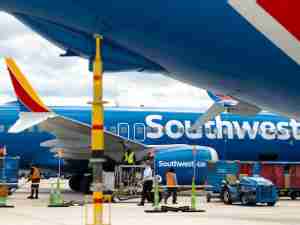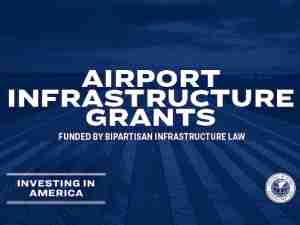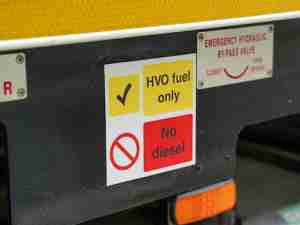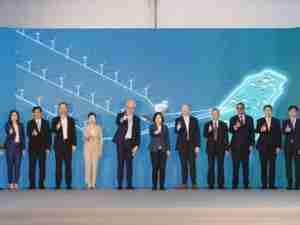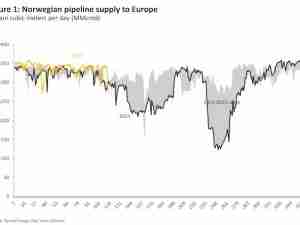
A new grant program targeting climate-changing emissions from the aviation sector has been launched by the Institute for Transportation Decarbonization (ITD).
ITD is a nonprofit research organization with a mission to help decarbonize the nation’s transportation sector, a key contributor to air pollution and global climate change, and meet net-zero U.S. climate goals by 2050. The organization opened a call for research proposals on sustainable aviation fuel (SAF) intended to assist decision-makers in determining the best approaches to build domestic production capabilities and meet the needs of United States commercial, government, military, and private air travel.
“The environmental impact of flying cannot be underestimated. Emissions from aviation make up a significant share of our overall carbon pollution, and are increasing,” said Dr. Kelly Fleming, ITD senior research fellow and author of the report Pathway to Net-Zero Transportation in the United States: An Exploration of Technologies and Policies, which mapped a path for 100 percent carbon emissions reduction from transportation technologies that promote a deep reduction in U.S. fossil fuel usage.
The Biden Administration set a high goal of producing 35 billion gallons of SAFs per year by 2050 and an interim goal of 3 billion a year by 2030. While industry and policy interest has grown recently, SAF supply is only around 4.5 million gallons per year due in part to barriers identified in the SAF Grand Challenge Roadmap, hosted by the U.S. Departments of Agriculture (USDA), Energy (DOE) and Transportation (DOT). Additional SAF research is required to improve modeling, accelerate production, reduce carbon intensity, and lower costs compared to traditional fossil-based jet fuel. Policymakers, companies, and researchers must consider approaches to close the gap.
“The need to scale-up sustainable fuel options for aviation presents an incredible opportunity for U.S. innovation in the transportation sector that lowers our carbon impact and brings economic opportunity to bear,” said Dr. Fleming.
Researchers from universities or non-profit organizations may apply for financial support for novel analysis, stakeholder engagement, or related research efforts to advance science-based policy on sustainable aviation fuel technologies with an emphasis on addressing gaps in existing policies and regulations. All funded projects will either advocate for equitable science-based policy, build SAF literacy among policymakers, and/or address inequities in existing policies and regulations.
